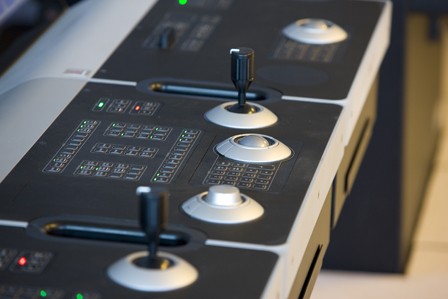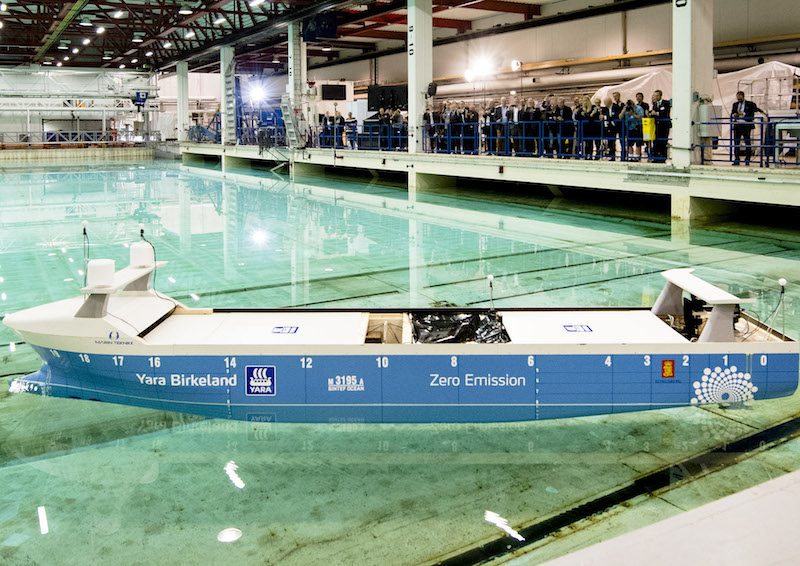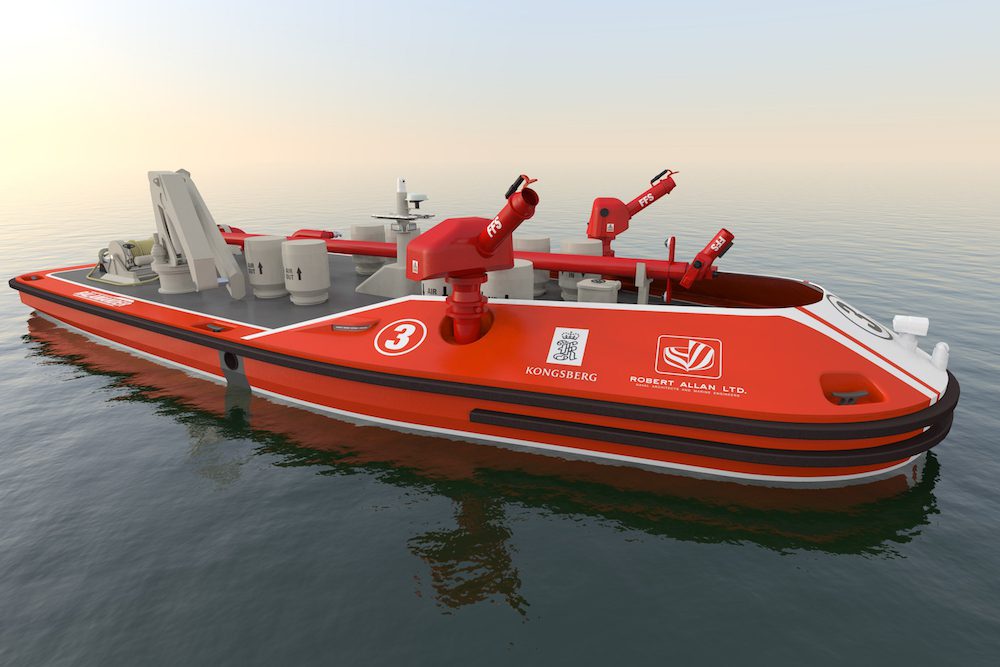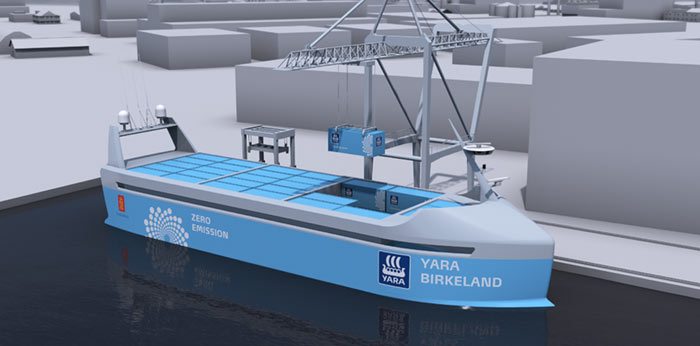Updated: December 15, 2011 (Originally published February 22, 2011)
 The Nautical Institute has announced two major changes in their qualification procedures for Dynamic Positioning Operator certification that will become effective January 1, 2012.
The Nautical Institute has announced two major changes in their qualification procedures for Dynamic Positioning Operator certification that will become effective January 1, 2012.
First, they are significantly restricting the amount of “prior” sea time a person can apply toward the document. Many mariners have several months or even years of DP operating experience before they attend the “Induction” course that is the first step toward certification. That prior service can now be counted toward the 6 months of DP watchstanding service required to qualify for the document. After January 1, the Nautical Institute will only credit a maximum of 30 days of prior service, so everyone will need to document at least 150 days of sea time after the Induction course. This will significantly extend the qualification time for many people who can now take advantage of the current procedures.
The current system requires a person to obtain 30 days of “familiarization” time after attending the Induction course. Then a total of 180 days of DP watchstanding experience must be obtained, in addition to completing the advanced Simulator course. A person who has been working on DP boats prior to attending the Induction course is now entitled to apply that prior DP time toward the 180 days of watchstanding time. When the procedures change he will only be able to use 30 days of that previous time, meaning he will have to obtain 5 more months of DP time before he can apply.
The second change is that a person will be required to hold at least an OICNW or OICEW level license (200 ton Mate or above or DDE or above) to apply for DPO. Although this doesn’t affect many boat personnel, it will impact drilling companies who are grooming industrial personnel without CG licenses for DPO certification. The effects of this change won’t be felt immediately because anyone who is in training for DPO prior to January 1, 2012 can still complete the process without holding a license. The Nautical Institute policy isn’t clear on what constitutes “in training,” but it would certainly include anyone who has attended an Induction course. The policy does clearly state that existing DPOs will not be affected, so anyone who is currently certified but doesn’t hold a license will retain their DPO authority.
Any companies who have plans for advancing their personnel to DPO certification should keep the January 1, 2012 effective date of these changes in mind. Individuals who have prior service on DP vessels should try to complete their training and apply before that date to keep from losing their time. Personnel without licenses who want to obtain DPO certification should complete at least the Induction course prior to the end of the year so they can be considered “in training.”
Via Houston Marine Training Services. Image courtesy Kongsberg
Editorial Standards · Corrections · About gCaptain

 Join The Club
Join The Club












